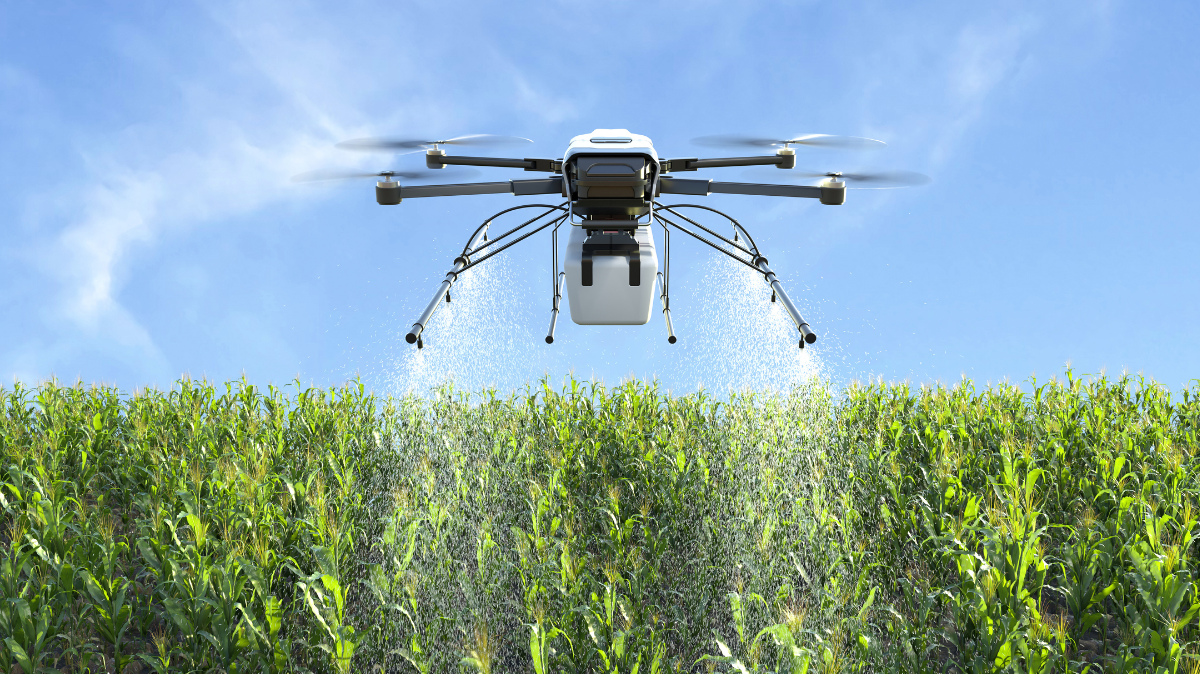Sustainable Water Resources (quantity, quality, economics) in the face of a changing food and energy landscape. Access to water resources is highly variable and dependent upon a multitude of factors including climate, socio-economic considerations, politics, and infrastructure. Globally, agriculture and food production for a continually growing human population is a major stressor on water resources. Energy can be coupled to these agricultural systems (e.g., through biofuel production) or the demands of the global supply chain network. Decisions related to policy and economic investment are highly coupled to perceptions and available information. All of the challenges are amplified by changes in climate and weather patterns. The sustainable water resources hub seeks to tackle these inter-connected concerns to contribute resilient water solutions in a changing world.
Hub co-leads: Matt Schrenk, Department of Earth and Environmental Sciences and Elizabeth Mack, Department of Geography, Environment, and Spatial Sciences.
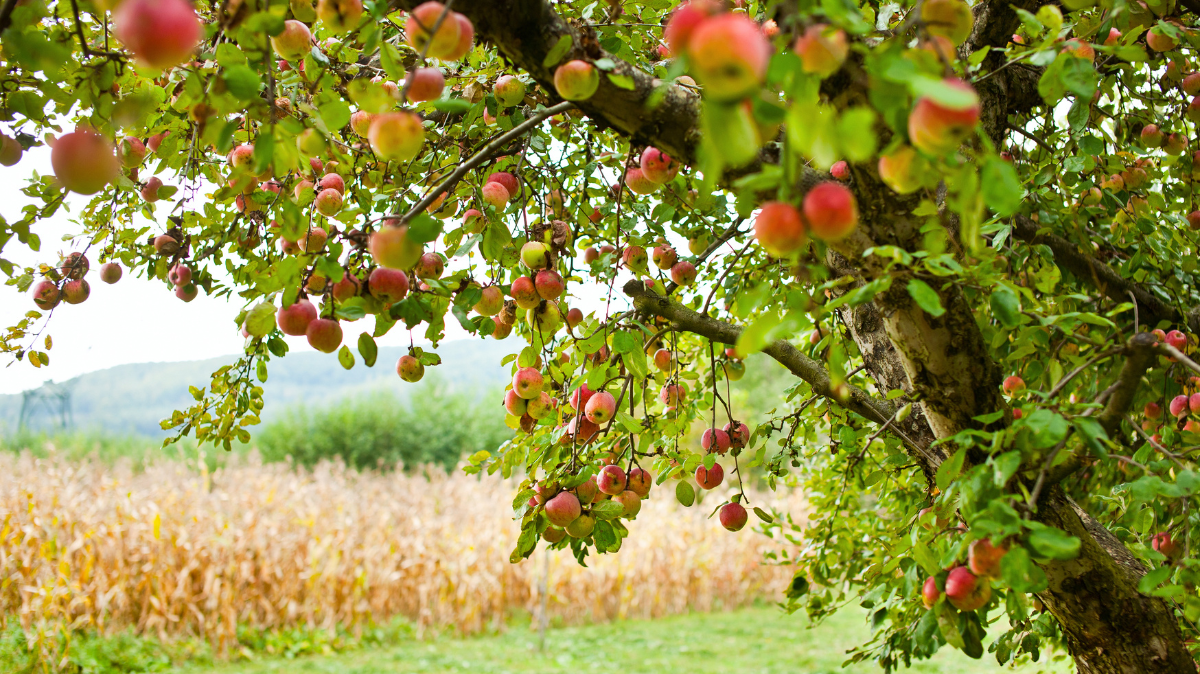

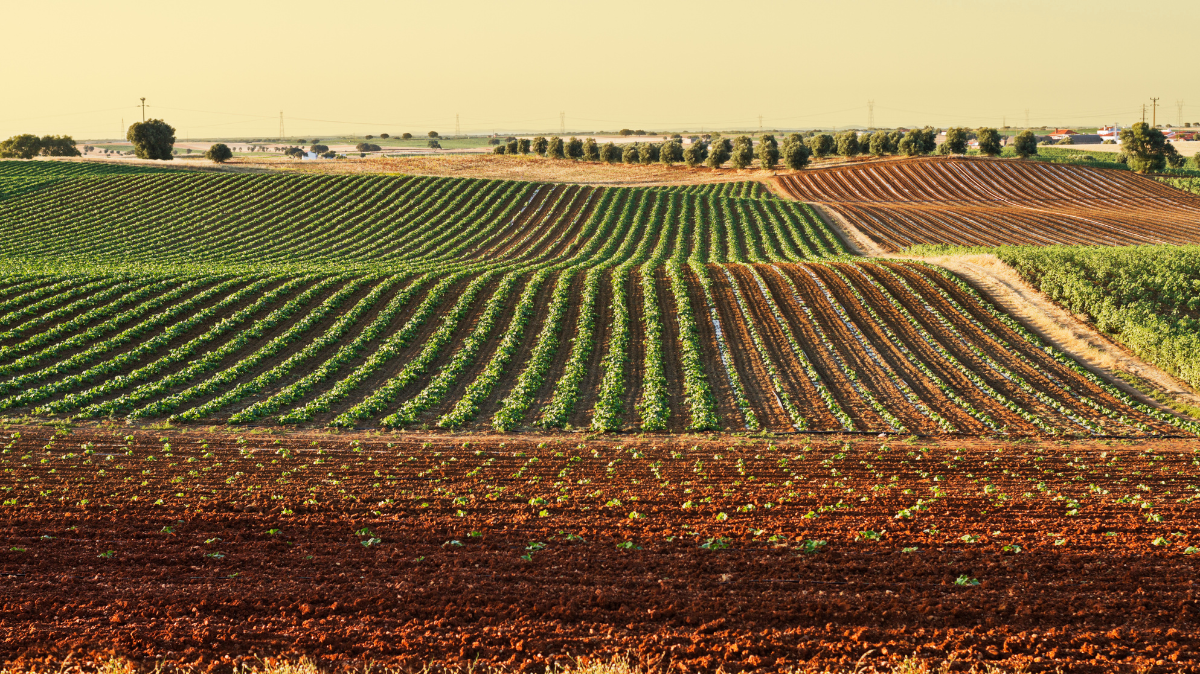

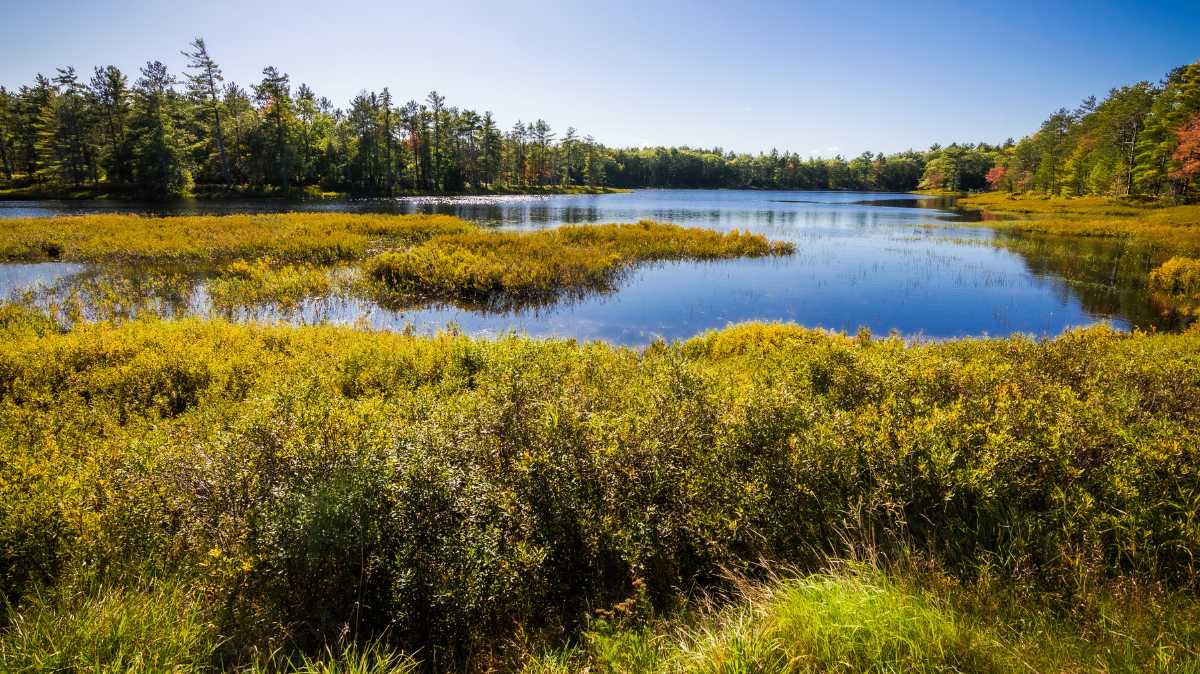
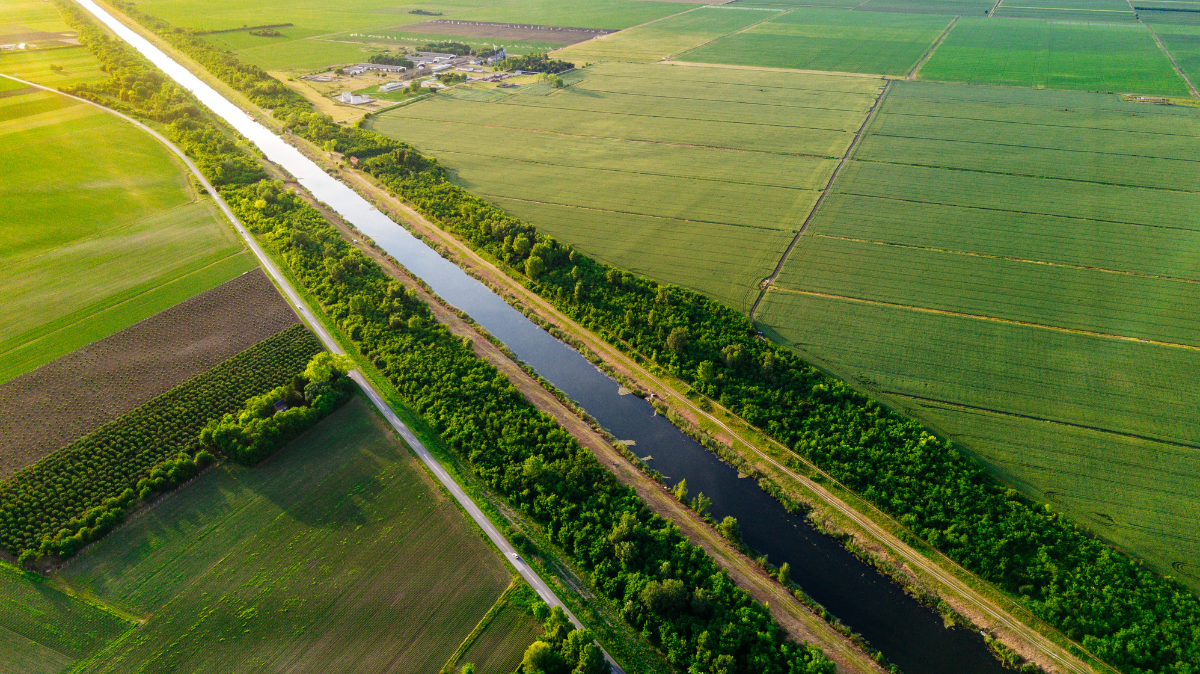
Explore Sustainable Water Resources Stories
- Spartans Making A Difference: From farmland to faucet
- MSU researcher examines relationship between water infrastructure, economic development in rural U.S. communities
- MSU researchers build connection between forests and drinking water, outreach and conservation strategies follow
- MSU researcher receives grant to develop efficient irrigation technology using solar power
- Hydrologic modeling from MSU scientists lends insight into how water can be conserved, managed
- MSU Works with Farmers to Fight Climate Change by Improving Water Quality and Drainage
- Increasing crop yield and reducing water consumption with precision irrigation
- MSU research reveals how climate change threatens Asia’s water tower
